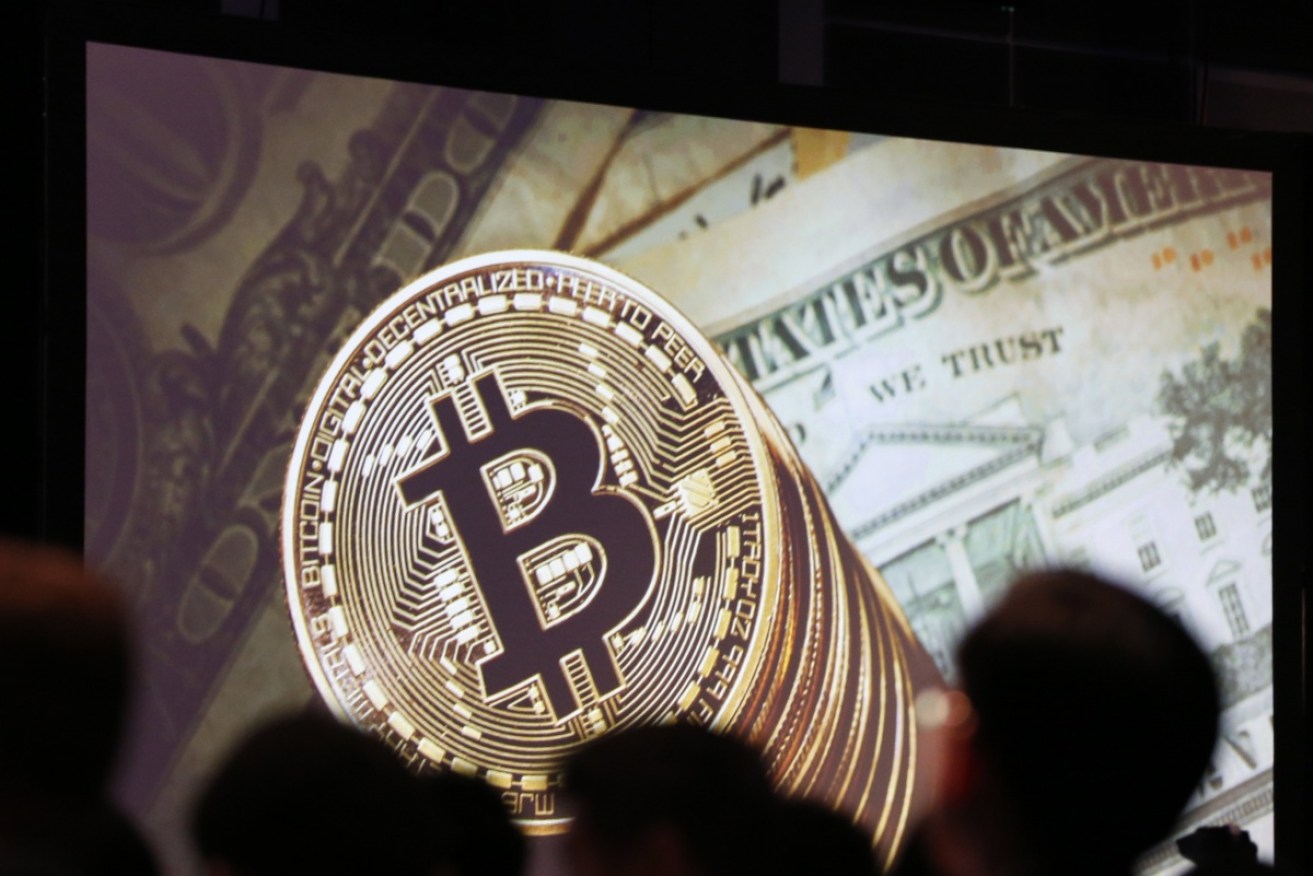US Senate warned against ‘useless vapourware garbage’ bitcoins


Cryptocurrencies and blockchain are "useless" according to economist Nouriel Roubini. Photo: AAP
Cryptocurrencies and blockchain have come under fire from a prominent American economist, who told a US Senate banking committee the technologies were the reserve of “scammers, swindlers, criminals [and] charlatans”.
New York University professor of economics Nouriel Roubini testified before the US Senate Committee on Banking, Housing and Community Affairs that cryptocurrencies like bitcoin represented a financial bubble “like you have not seen in any history of financial bubbles”.
Mr Roubini, colloquially known as ‘Dr Doom’ for his uncanny ability to predict financial crises (including the GFC a decade ago), took particular aim at ‘alt-coins’.
Alt-coins refers to digital currency launched in the wake of the better-known Bitcoin, which famously reached a height of $US19,783 ($25,717) before crashing back down to its current price, almost 70 per cent less.

Nouriel ‘Dr Doom’ Roubini has warned against cryptocurrencies and blockchain technology.
“A 70 per cent capital loss was a ‘good’ deal compared to thousands of alt-coins, otherwise better known as sh-tcoins, that have lost on average 95 per cent of their value since the peak,” Mr Roubini said.
“Actually calling this useless vapourware garbage a “sh-tcoin” is a grave insult to manure that is a most useful, precious and productive good as a fertiliser in agriculture.”
Many of these digital coins have been set up simply as a con to take the hard-earned dollars of enthusiastic but under-educated investors, Mr Roubini said.
But Mr Roubini’s fears extend beyond cryptocurrency “bloodbath” to the underlying infrastructure, known as the blockchain, which he styled as the “new refuge of the crypto scoundrels”.
What is the blockchain?
Jian Chan, the Australia lead for Blockchain firm NEM Foundation, told The New Daily that blockchains are ‘distributed ledgers’ that securely track data while making multiple records of that data and its movements to create a single source of information about the data in question.
That data can take multiple forms too. Most commonly it’s in the form of cryptocurrencies, and each time a cryptocurrency coin changes hands it takes a record of where it’s been, while also leaving a record of where it’s been with the previous point, or ‘block’, on the chain.
Essentially, every time data changes hands or moves, multiple copies of the transaction are made and any attempt to tamper with the transaction can be instantly spotted and stopped.
Scoundrel’s refuge or consumer tool?
In his testimony, Mr Roubini said blockchain has so far offered only “one failing and imploding” application in the form of cryptocurrency trading, and is nothing more than a “glorified spreadsheet”, but Mr Chan disagrees.
Blockchain serves more as an operating system that many other programs can be built off, including supply chain management, he said.
For example, Japanese Kobe beef manufacturers can use blockchains to track the distribution of their beef, and consumers can use that same information to make sure what they’re buying is authentic.
Mr Chan said some businesses are already looking to use blockchains to help consumers track the manufacturing of their products and avoid buying products made using child labour.
It’s something that the Commonwealth Bank has already been experimenting with, announcing in July it had successfully used a blockchain network to track 17 tonnes of almonds that were shipped from Victoria to Hamburg, Germany.
“We believe that blockchain can help our partners reduce the burden of administration on their businesses and enable them to deliver best-in-class services to their customers,” Commonwealth Bank managing director of industrials and logistics in client coverage Chris Scougall said of the experiment.
Mr Chan said these cases threw doubt on Mr Roubini’s claims, adding that blockchain will serve a role in people’s day-to-day lives in the same way that the internet and EFTPOS do, but what that role might be is yet to be seen.








